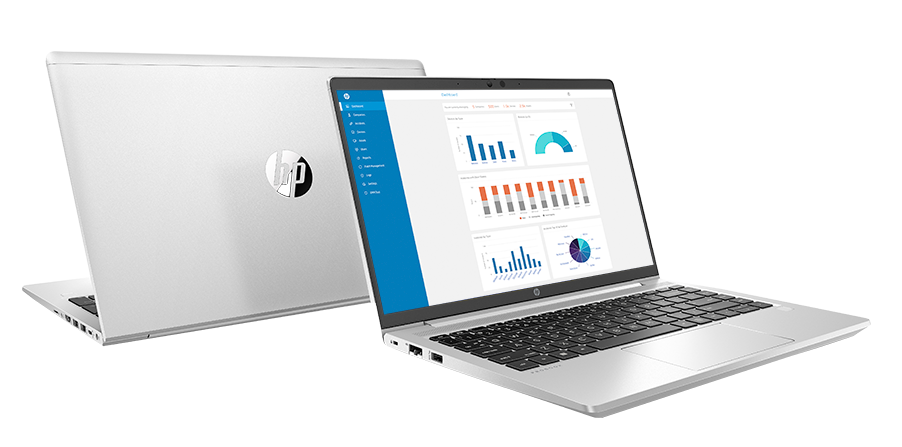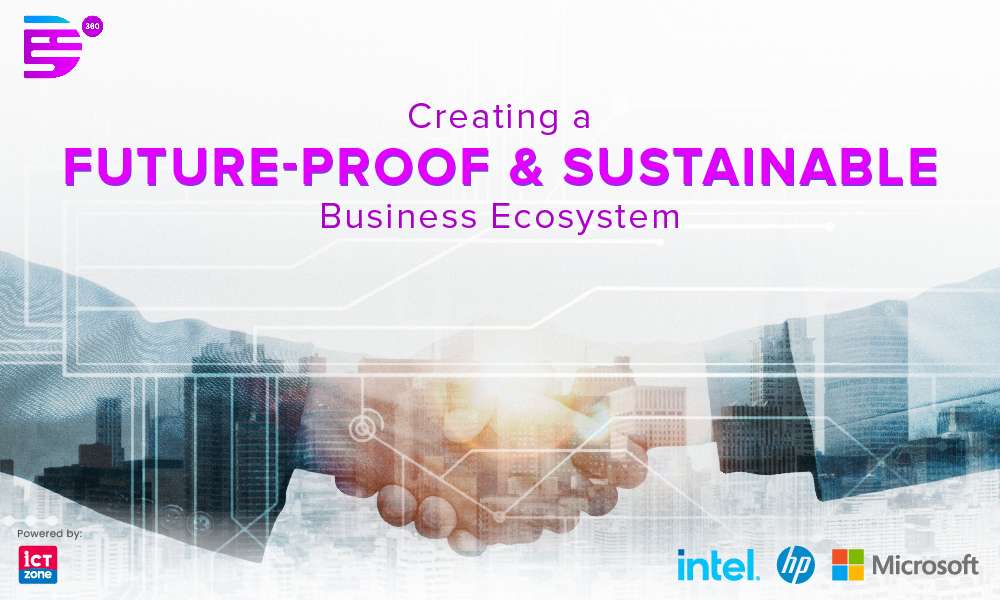
Navigating the complexities of carbon credits has become a pivotal aspect of Arman’s role as a sustainability officer in a leading Malaysian public listed company.
At this crucial juncture, his primary task is to integrate sustainable practices into the company’s operations, aligning them with government sustainability regulations.
Follow Arman’s journey into the world of carbon credits as he discovers what they are, their benefits and more.
What are Carbon Credits?
Arman discovered that carbon credits are tradable certificates that signify the reduction of one metric ton of carbon dioxide emissions.
They play a pivotal role in combating climate change by incentivising the reduction of emissions.
For companies like Arman’s, these credits serve as proof of their commitment to environmental stewardship and their participation in global efforts to curtail greenhouse gas emissions.
What are the Benefits of Carbon Credits?
In his effort to enhance sustainable practices, Arman delves into the multifaceted benefits of carbon credits.
His analysis shows the tangible and intangible rewards that carbon credits provide, positioning them as a key component in the pursuit of corporate sustainability.
1. Financial Incentives
One of the significant advantages of carbon credits that Arman uncovered is their potential to serve as an additional revenue stream.
Businesses can sell these credits, providing an economic incentive to reduce emissions and adopt greener practices.
Carbon credits can also help offset the costs associated with implementing environmentally friendly initiatives, such as energy efficiency improvements or renewable energy adoption.
This financial benefit can make sustainable practices more economically viable for businesses.
2. Enhanced Corporate Image and Reputation
Additionally, Arman discovered that companies that actively engage in the carbon credits market often see a positive impact on their corporate image.
Their commitment to sustainability becomes evident, and customers, investors, and partners will see the company as a responsible and forward-thinking entity.
Plus, companies with a strong sustainability track record, including participation in carbon credit programmes, often have a competitive advantage.
In today’s age, customers and investors are increasingly favouring businesses that prioritise environmental responsibility.
A positive corporate image associated with sustainability can also attract top talent, as many employees are drawn to organisations that align with their values.
3. Contribution to Global Environmental Efforts
Arman also recognises that carbon credits serve not only as a business strategy but also contribute to a global cause.
By reducing their emissions and participating in carbon credit markets, companies support international agreements aimed at reducing emissions, thus contributing to the larger battle against climate change.
They also help incentivise sustainable practices in other sectors and regions, contributing to a broader and more coordinated response to climate change.
Read More: Green Technology Malaysia: Unlock Sustainable Business Growth
Arman’s Realisation: The Link Between Carbon Credits and Sustainable IT Practices

Through his research, Arman discovers a direct correlation between carbon credits and sustainable IT practices.
He recognises that adopting green ICT solutions, such as DaaS 360’s Device Recovery Service, could be a transformative step in aligning with carbon credit goals. Here’s how:
1. Remote Managed Services for Device Lifecycle
DaaS 360 offers comprehensive services encompassing the entire lifecycle of devices, including the crucial phase of hardware retirement. This ensures that devices are managed responsibly from start to finish.
2. Environmental, Social & Governance (ESG)
DaaS 360 is dedicated to leveraging green ICT practices to minimise carbon emissions and strengthen resilience against climate change.
For instance, DaaS 360 prioritises energy-efficient technologies, offering hardware and software solutions that require less power.
This efficiency translates into lower carbon emissions, making DaaS 360 an ideal choice for companies looking to earn carbon credits.
3. Ethical Device Disposal
DaaS 360 promotes ethical disposal of IT equipment by refurbishing devices for donation or resale or recycling their hardware components.
This approach not only reduces waste but also contributes to a circular economy.
4. Secure Data Clearance and Retention
The service ensures that sensitive data is securely erased from devices in compliance with organisational data requirements.
Alternatively, companies can choose to retain their hard drives for archiving, providing flexibility in data management.
Read More: VDI Vs DaaS: Which Should You Choose For Your Workplace?
Embrace the Future a Greener Future with DaaS 360
As Arman’s story shows, understanding and utilising carbon credits is crucial for businesses in Malaysia.
By opting for green ICT solutions, companies not only remain compliant with environmental regulations but can also take advantage of numerous benefits, from financial gains to enhanced corporate reputation.
If your business is looking to manage its carbon footprint effectively, come explore the options at DaaS 360. We provide services like device lifecycle management and device recovery service.
We also partner with sustainability leaders like HP as a significant step towards achieving our environmental goals.









